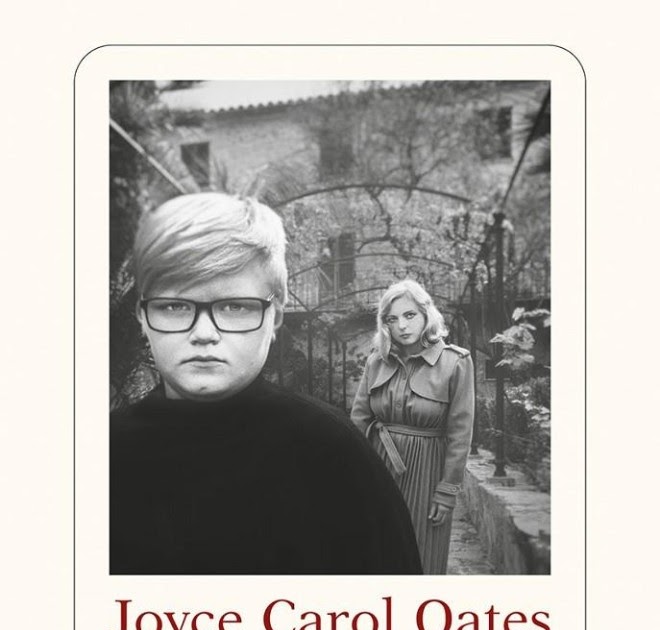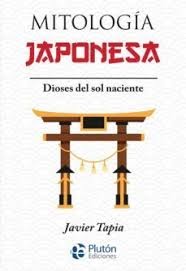
Original Language: English
Títutulu Original: Expensive People
Translation (to Catalan): Núria Busquet Molist
Year of publication: 1968
Valoración: Ambitious and decidedly recommended
Wealthy people It is the second of the four self -clusive novels that make up WonderlandJoyce Carol Oates’s tetralogy. Although the style, tone and general approach of A Garden of earthly pleasuresits predecessor, maintains the high literary level and the hard criticism of the United States.
It immerses us in the minds of Richard Everett, a lonely, alienated and mentally unstable teenager who tells his life. He does it through first person memories with continuous appeals to the reader. Memories that deliberately lack a literary architecture (“Only in fiction there are clear transitions between events,” pg. 162), they present several characters that will never develop and extend indefinitely (then, at the end of them, the narrator must “face suicide”, but “she is afraid to die”, pg. 262).
Richard was surrounded by material goods when he grew up. It belonged to a wealthy family and lived in a large house and the face of a residential neighborhood of Detroit. However, he was the son of a deeply unstructured marriage. His mother, Natashya Romanov (hereinafter I will call her anything) did not love him or his father, the successful but unhappy executive Elwood Everett, with whom she was married only for money and who cheated with dozens of men.
Richard immediately admits that nothing is the core of Wealthy people. And he is right, because around her turn these memories, events and the rest of the cast (“because nothing always advanced (…), like any important constellation, heading towards what she thought she was looking for, and next to her satellites and dust particles advanced, including me,” pg. 232).
What a personjazo achieved oates with nothing. She is an attractive woman, dodges both for her son Richard and her husband, Elwood. She is also a minor writer, author of a great caliber work. And it is who, from the beginning, we suspect that he died at the hands of his son, who confesses murderer.
The narrator’s feelings are, by the way, fed up complex, intense and oblique. He feels an excessive love for his mother, one that overflows every filial border. “He still loved her?” Richard asks in the PG. 231. «I loved her more than ever, of course. Mothers who get close and beg love do not receive anything, and they don’t deserve anything, but mothers as nothing (…) Sip us every drop of love. The horrible thing is that love is an emotion with which you cannot do anything. It has no value. Those who desperately love are like the nobles in exile, exiled without any kingdom to look back, to remember. Our dear person exists within the perfect halo of his own consciousness, selfish and adored, protected from us by the same violence of love we feel. Isn’t that the love a child feels for his mother, should you ask yourself? TRUE? Oh, let it be anything, any kind of love! I had enough love of any kind! I could last more than lovers, husbands, friends … »
Instead, nothing corresponds to your child. Although sometimes he is affected, he never prodes genuine love (as does Elwood). He has even abandoned it on occasion.
Richard describes his interaction with anything when he is aware that she will leave home after a discussion with her husband: «It seems to me that I knew before her. All day I entered and left my room, sat on my bed and deposited the fresh and remote hand on my feverish forehead, looking at me with the dim and vague surprise of a person who discovers that there is life in the mannequin of a store or in a corpse. I never mean anything for her, never! Maybe it was a strange protoplasmic joke that father had desired a night, already late, after a cocktail. I was flesh, bones, blood and brain labeled as “Richard”, and “Richard” should have evoked in his mind mechanical thoughts of guilt, responsibility and love. He loved me when I was happy. He loved me when he realized my existence. He loved me if it was good, if father was good, if they had invited her to leave the two nights of a weekend, if the world was going well, if the humidity was low and the pleasant barometer: while I loved her always, when it was a whore or was a holy, lovely or ugly, with short and bright hair or long and fatty hair … I wanted her, but what did none of us served us? 127.
After a brief dialogue, in which Richard tells anything that if he leaves again he does not bother to return, she stays “still and serious”, looking at him “in the same way he looked at the father or women with the neighborhood of the neighborhood, or the cacas that the dogs of the neighbors made on the grass of the house. His face was magnificent and pale, his dark eyes, something insane (…). Oh, I don’t know! I don’t know what seemed! I looked at her and looked for years. I watched her and loved her. (…) It went from being another person to be part of myself. It was as if nothing, my mother, had become a kind of embryonic creature embedded inside my body (…) », pg. 128.
But do not think that the rest of the characters pale next to the multifaceted nothing. Richard and Elwood are equally profiled (their physical appearance, their voices, their psychology, etc …). Also many secondary, despite the little focus they receive.
Another remarkable aspect of Wealthy people It is its structure and its style. I have already mentioned that Richard avoids the literary format in his memoirs. To that interesting approach we must add two other aspects that give the text of an exceptional charism: the degree of suspense that reaches and the non -reliable narration of Richard.
Finally, I would like to mention that criticism of the United States made in these pages is very successful. It focuses on the middle class, its education, its pleitesy for money, its intellectual pretentiosity, its hypocrisy, etc …
Source: https://unlibroaldia.blogspot.com/2025/05/joyce-carol-oates-gente-adinerada.html


